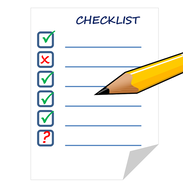
The Residential Leases Act has changed the game plan considerably for prospective tenants who want to rent in Malta. Tenants need to know this. So I've prepared a checklist of things you need to know, and forms you and your landlord need to complete before you settle on a particular rental property.
1. Do NOT put down a holding deposit for a property before seeing the property, checking the contract or signing the contract. Letting agents are still not regulated and some think nothing of showing you a property belonging to a landlord who has absolutely no intention of registering the contract, which is more often than not ridden with clauses in breach of the Maltese Civil Code and / or the Residential Leases Act. Please note that it is the responsibility of the landlord to register the contract. If they do not do this then they are in breach of the law and there are serious sanctions, including fines, prosecution in a civil and / or criminal court plus the rent being reduced to below market value for a year for the tenant. (See item number 6 below.) If you do put down a holding deposit and then decide against the property, you will have great difficulty in getting back your deposit. Do not be pressurised to put down a holding deposit. Any pressure to do this should be a warning sign and you should WALK AWAY.
2. Make sure that the contract includes the 7 essential requirements which are:
- the property to be leased
- the agreed use of the property to be leased
- the period for which that property will be let
- whether the lease may be extended and in what manner
- the amount of rent that shall be paid and the manner by which such payment shall be made
- the amount deposited by the tenant as security for their obligations
- an inventory, in the form of documentary evidence, attesting to the condition of the property as well as the state of any furniture and appliances
If a contract is missing one or more of the above requirements, then it is unregisterable and null and void. In this case, neither the landlord nor the tenant will be protected by the Maltese Civil Code or the Residential Leases Act. The tenant can walk out of the property at any time they like without penalty. Neither party can submit a dispute if the contract is not registered. However, if the contract includes all 7 essential requirements, then the tenant can register the contract themselves. The fee for this registration will be payable by the landlord. The tenant can deduct this amount from the rent.
3. Under the Residential Leases Act, the onus is on the landlord to make sure that their tenants are on the correct Arms tariff via Arms Form H. If, for any reason, the tenant is on the incorrect Arms tariff for people living in their primary residence, the Residential Leases Act is very clear that the landlord will have to refund the overcharge or the tenant can reduce the rent paid by this amount. Therefore it is in your landlord's interests to make sure that Arms Form H - change in the declaration of number of persons - is completed. The landlord needs to complete Section A as account holder. The tenants need to complete Section B. All concerned need to provide copies of photo identification.
| Arms Form H.pdf |
| Arms Form N.pdf |
6. If you cannot register the contract because it is missing one or more of the essential requirements, you can report the tenancy. The Housing Authority will confirm that you do indeed reside in the property. The sanctions for the landlord in this case are fines and / or prosecution in a civil or criminal court of law. Moreover, the rent will be reduced to below market rates for a certain period.
For more detailed information on the Residential Leases Act please see:
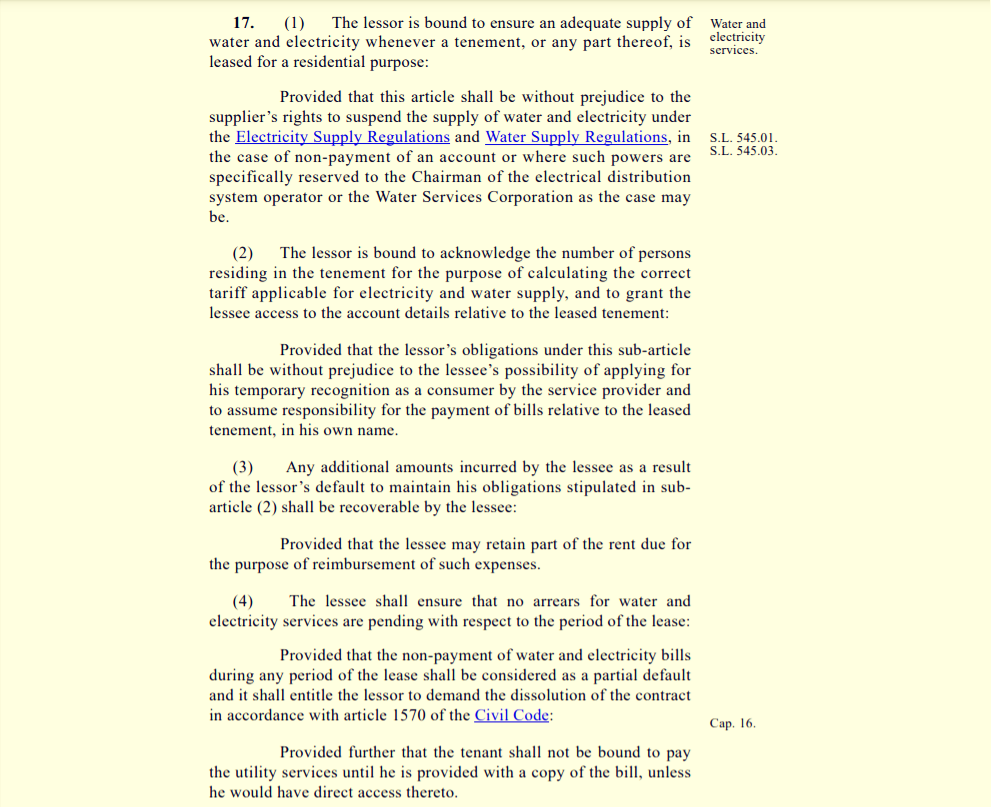

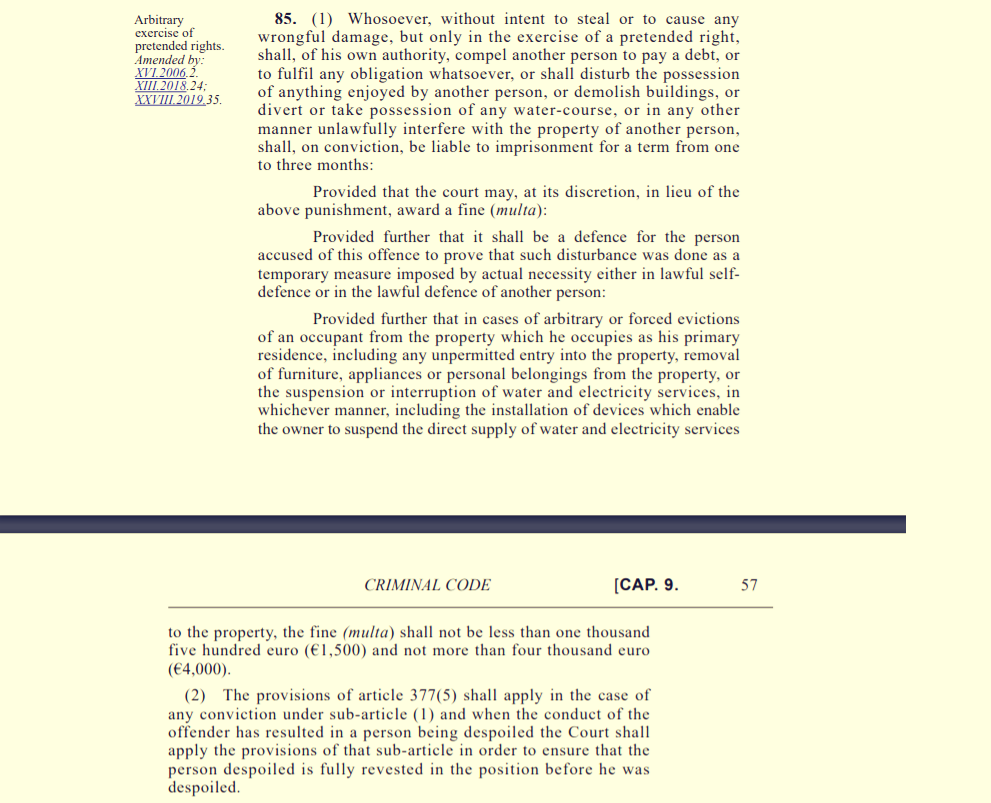



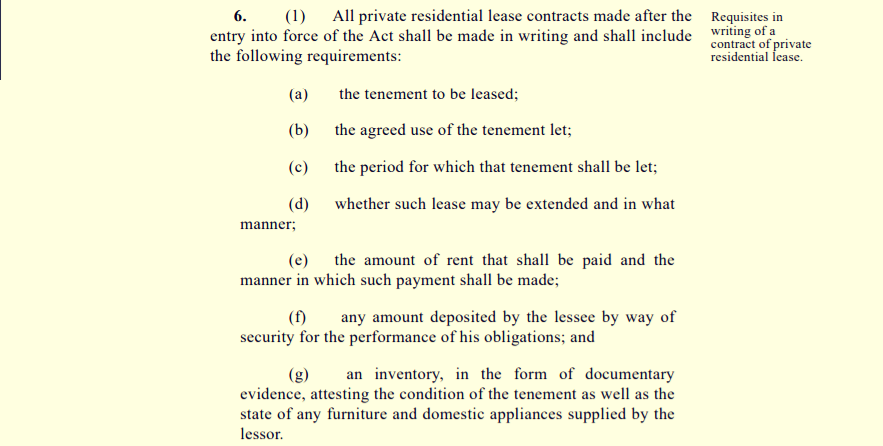


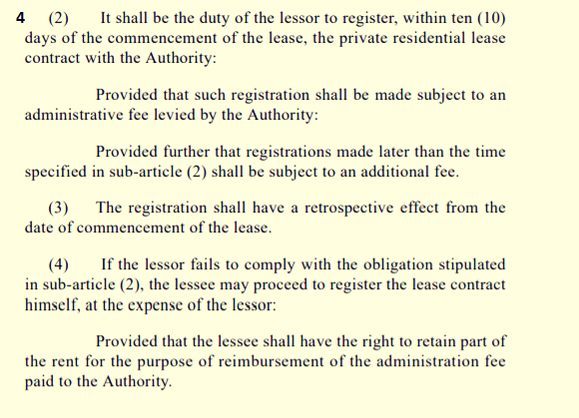
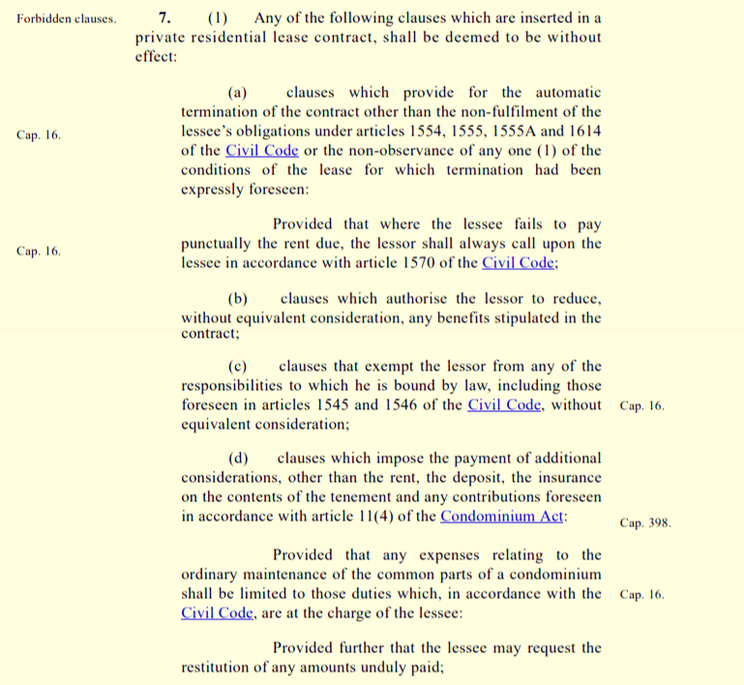
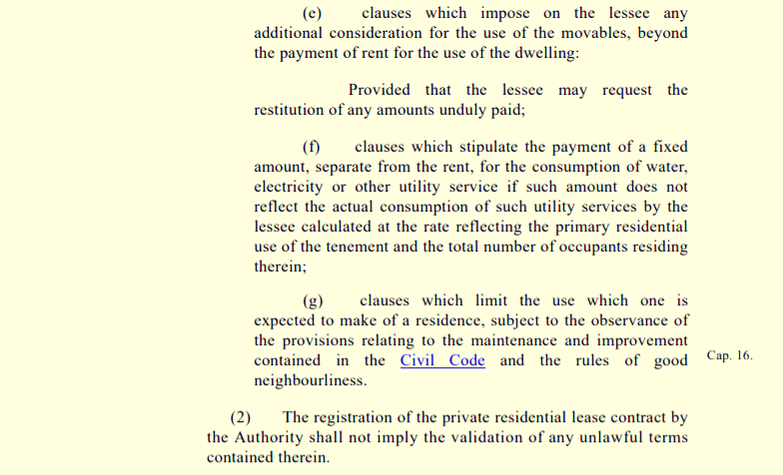
 RSS Feed
RSS Feed